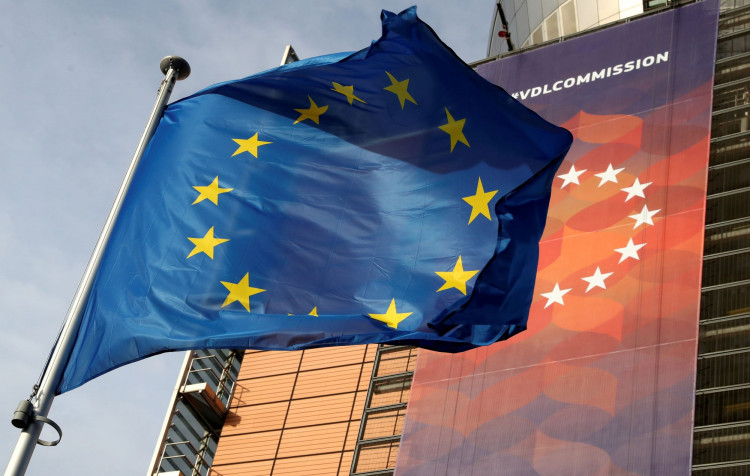The EU will, reportedly, propose a phased-out ban on Russian oil imports as part of a new round of sanctions against Russia for its attack on Ukraine.
Numerous diplomats said the oil ban was made possible by Germany's U-turn, which had previously said the measure would be too damaging to its economy.
According to diplomats, the European Commission, which drafts EU sanctions, is currently planning a text that could be presented to the EU's 27 member states as early as Wednesday.
Russia's attacks in Ukraine are intensifying, according to EU foreign policy chief Josep Borrell, making new sanctions "essential."
"We must use our economic and financial capabilities to make Russia pay the price for what it is doing," Borrel said.
According to the sources, the commission will propose implementing the ban over a six to eight-month period to allow countries time to diversify their supply. The ban requires unanimous approval and could be derailed if Hungary, which is reliant on Russian oil and close to the Kremlin, mounts a strong opposition.
Other countries are concerned that a ban on oil would raise gasoline prices at a time when consumer prices are already rising sharply as a result of the war. "We must pay close attention to market reactions," one official said on condition of anonymity to AFP.
The ban will be discussed by EU energy ministers at a meeting in Brussels on Monday, but they will not sign off on the decision.
Treasury Secretary Janet Yellen warned that it would likely have little effect on Russia because it would raise prices for the country's remaining exports.
The EU had already banned Russian coal imports, but Poland and the Baltic states demanded an oil embargo as well. The country's largest bank, Sberbank, will be excluded from the international Swift messaging system as part of the sixth package of anti-Russian measures, diplomats said.
Russia supplies more than 40% of Europe's gas consumption, and the brutal war in Ukraine has forced the European Union to confront its reliance on Russian gas.
European leaders agreed in Versailles to speed up the reduction of fossil fuel use, diversify natural gas imports, strengthen the hydrogen market, accelerate the deployment of renewable energy, and enhance electric grid interconnections across the continent.
The agreement also calls for ensuring adequate gas storage levels ahead of the next winter, as well as coordination to build new liquefied natural gas (LNG) infrastructure.






